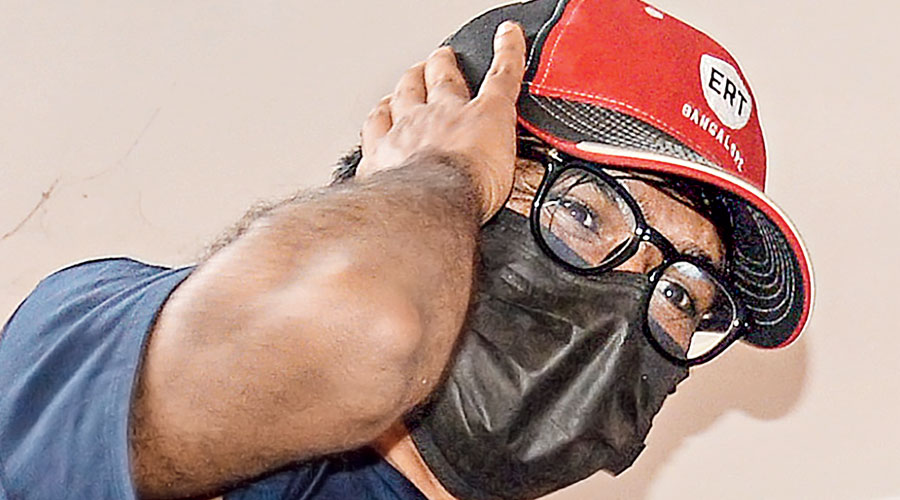New India can be a bundle of contradictions. New Delhi’s signing of the ‘2022 Resilient Democracies Statement’, which seeks to protect pluralistic debate among other values, along with G7 nations had coincided with the arrest of the co-founder of India’s most popular fact-checking portal. Mohammed Zubair’s incarceration neatly fits in with a series of infringements on the rights and protections of journalists in Narendra Modi’s India. That there is an unprecedented assault on the media willing to shoulder traditional responsibilities — questioning authorities, speaking truth to power, demanding accountability of governments and so on — cannot be denied. The evidence keeps mounting. Journalists critical of the regime are being arrested in an arbitrary manner, intimidated through the filing of first information reports, prevented from attending international events, and so on. There are parallel attempts to choke the source of revenue of media organisations that are deemed critical. The net result has been a steady decline in India’s credentials on respectable registers of press freedom. For instance, India was ranked 150 among 180 countries in this year’s World Press Freedom Index. Astonishingly, the prime minister continues to invoke the best traditions of democracy in India and abroad even as his government, it is alleged, weakens the beams that support the edifice of democracy.
It is unlikely that the media — at least the media that are keen on doing their job — would receive any relief in the days to come. This makes it necessary for the media fraternity to contemplate protective mechanisms. One such suggestion was voiced at a recent meeting at the Press Club of India and concerned the creation of a fund to offer free legal services to scribes along with the establishment of a network of lawyers to defend them. The idea is not without merit, given the propensity of governments — those in states or the Centre — to harass the media through legal cases. A deterrent is useful but not enough. There should be a mobilisation of the entire media fraternity — print, television and digital — to examine the erosion that has set in and try and plug the breach in time. But such a solidarity would be possible only if the media as an institution is able to resist the perks that come by being complicit with the powers that be. In this age of intense competition and commercialisation, such institutional resistance is rare. Hence the need for greater protection for journalists.











